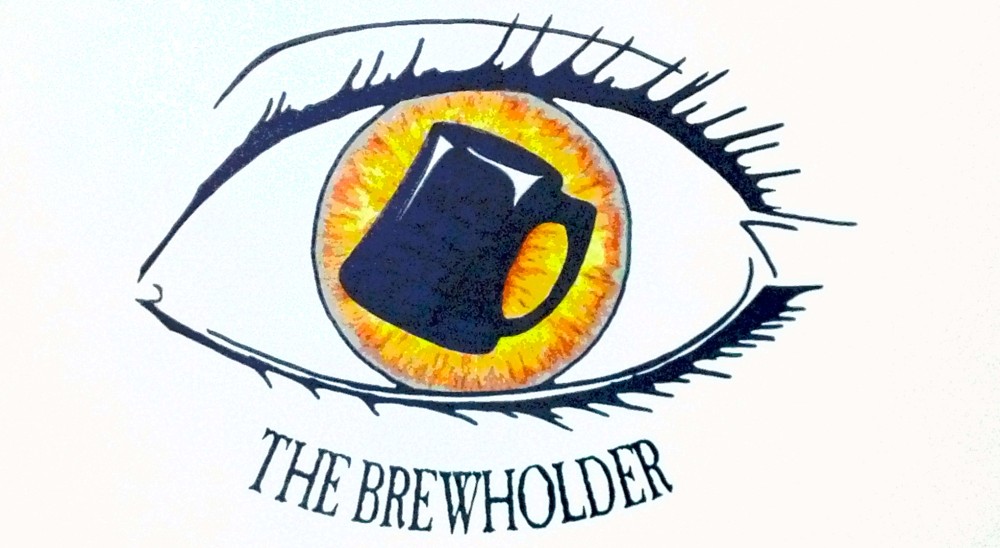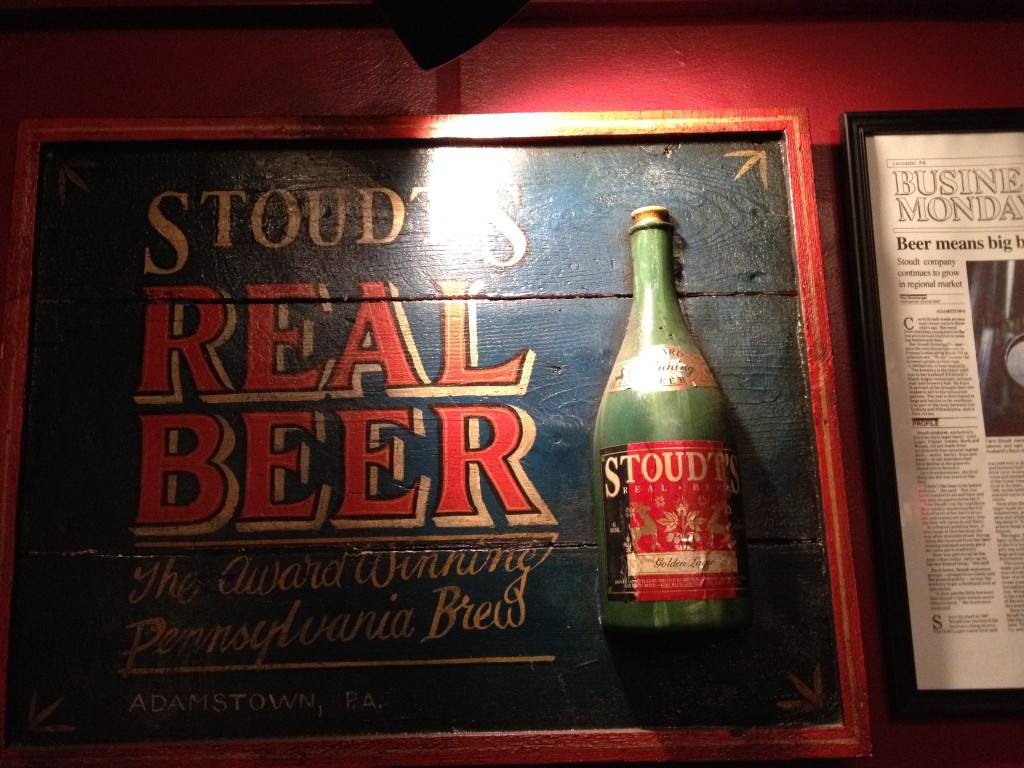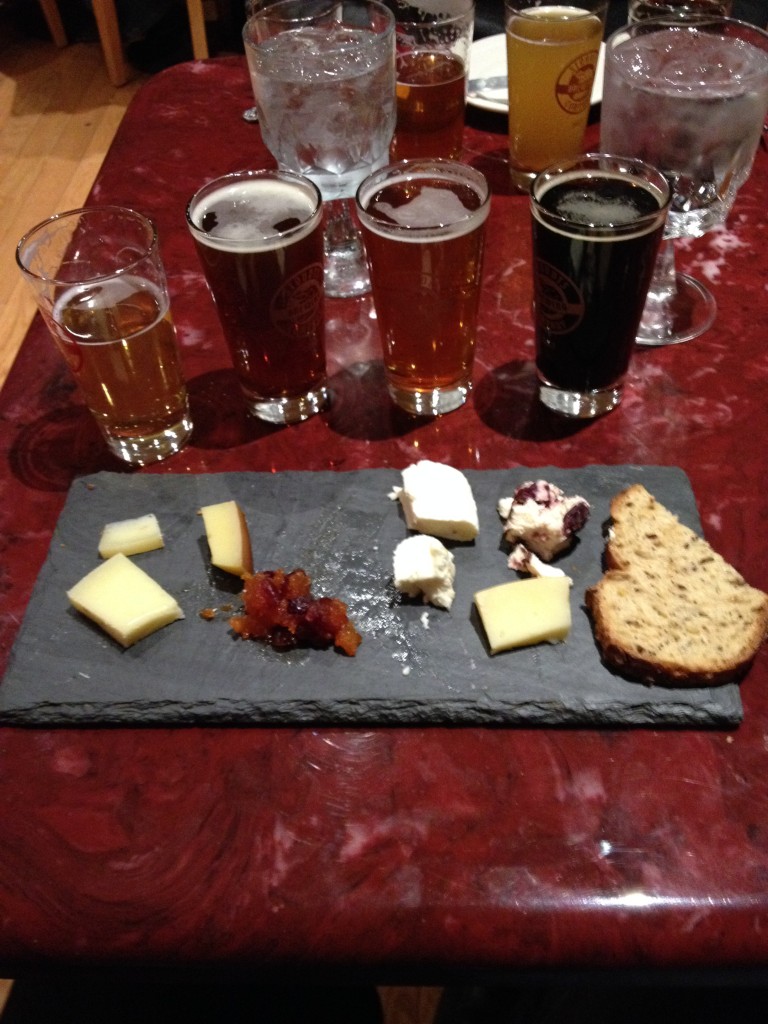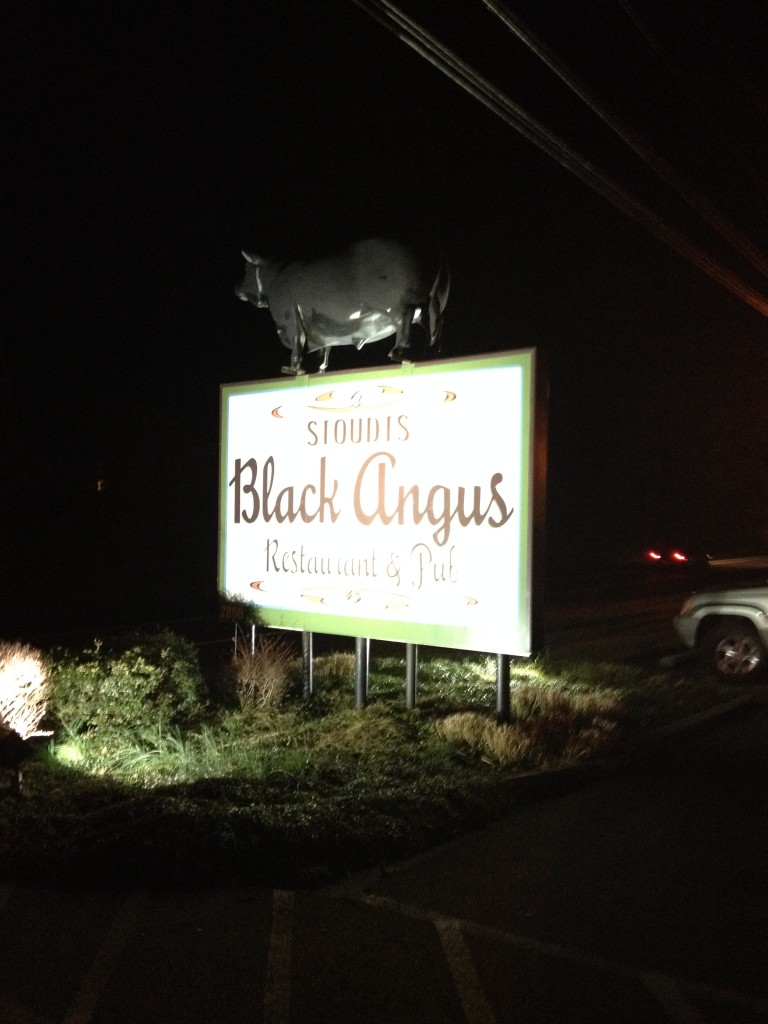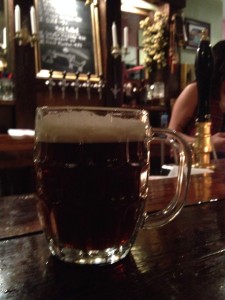Historical Brewing Techniques – The Lost Art of Farmhouse Brewing by Lars Marius Garshol is a historical adventure much like Jurassic Park; but rather than amber, history is re-discovered in creamy foam and bowls of unfiltered beer. His adventure began in 2014, when Garshol, a native of Norway, homebrewer, software engineer and blogger, set out to explore the brewing traditions of farms in northern Europe. This was no easy feat considering that farm brewing has all but been pushed to extinction due to many factors, including the rise of industry and the decrease of traditional agriculture, the lingering effects of World War II and the Cold War, and the commercialization of beer.
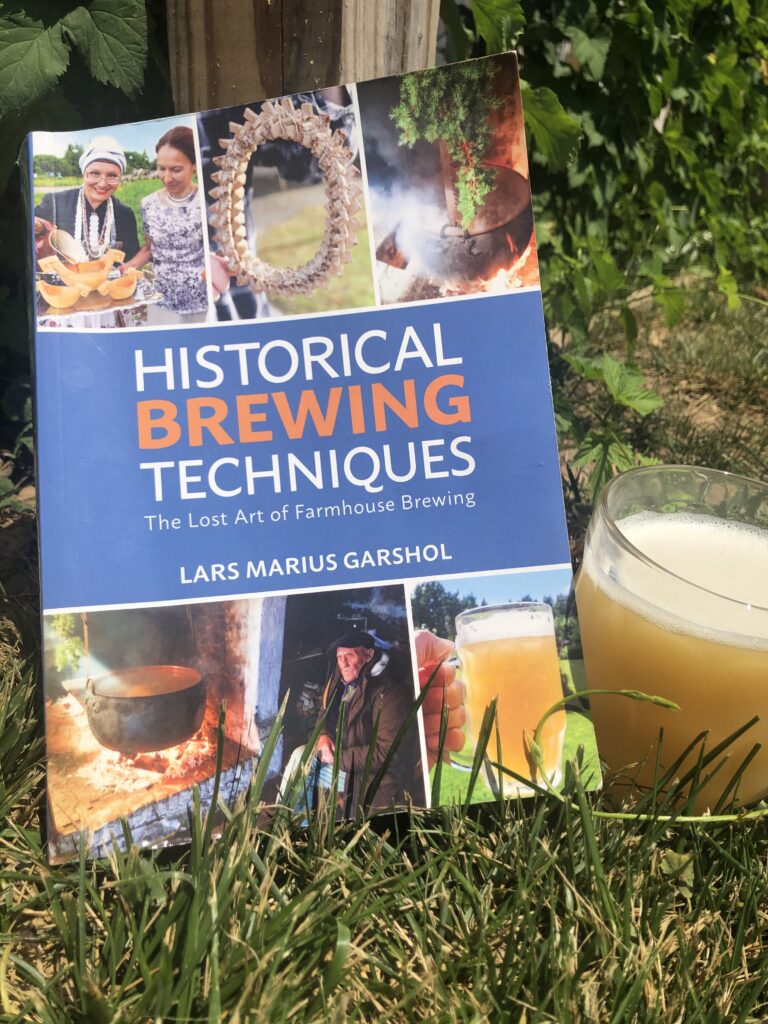
One of his goals was to get to the bottom of the mysterious strain of yeast that the commercial brewing industry is fascinated with – kveik. To understand kveik and other historical farmhouse brewing methods, Garshol visited those who are still brewing the old-fashioned way – the descendants of farm brewers. Tucked away in the farthest reaches of Norway, Estonia, Latvia, Lithuania, and Russia, Garshol sought out and brewed with farm brewers who more often than not did not have a written recipe, they simply cut nearby juniper branches for infusions and relied on the feel of the liquid for pitching the yeast – when it is “the temperature of warm milk.”
During his brew sessions, Garshol attempted to apply science to these methods and logged data when possible (including temperatures, weight of ingredients, and original/final gravities). He provides written recipes for them in Chapter Nine, but warns, “When brewing farmhouse ale, a good tip is to take a deep breath, lower your shoulders, and relax a bit. Try to forget all the things you think you know and instead let the tradition guide you. Feel free to take the numbers seriously, but allow yourself some latitude.”
Historical Brewing Techniques is a fantastic read for those who are interested in learning from the brewing past. Garshol’s hands-on research into traditional farmhouse brewing is truly a major anthropological project, and his efforts to publicize these techniques is significant from a historical standpoint. Garshol’s documentation of the science and history of farmhouse brewing is excellent, but luckily it does not read like a textbook because it is filled with his personal experiences – many humorous – with the brewers and their unique perspectives on brewing, and frankly, their lack of concern for meeting style guidelines.
Historical Brewing Techniques is published by Brewers Publications, a Division of the Brewers Association, and can be purchased on the Brewers Association website for $24.95.
Cheers!
The Brewholder
Copyright 2020 – all rights reserved
